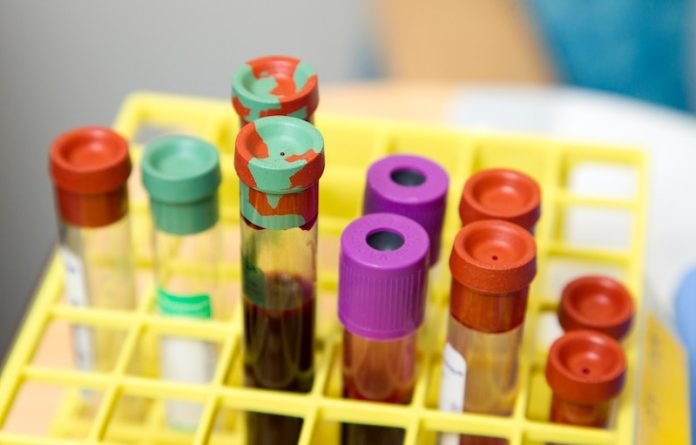
In a study from the National University of Singapore and elsewhere, scientists found that low levels of ergothioneine (ET) in the blood may predict an increased risk of cognitive impairment and dementia.
ET is a unique diet-derived compound discovered more than 100 years ago.
However, it was only in 2005 that scientists found a transporter specific for ET that facilitates the uptake and accumulation of ET in the body.
In the study, researchers showed that ET is avidly retained in the human body following oral supplementation, and in preclinical models, ET is transported to almost all organs.
But higher levels can be found in specific cells and tissues such as the blood cells, eyes, liver, lungs, and even the brain.
Earlier work showed the potent antioxidant properties of ET and later its ability to protect cells from a range of different forms of stress and toxins.
As its main dietary source is in mushrooms, it was found that increasing consumption of mushrooms such as golden, oyster, shiitake, and white button mushrooms are associated with a reduced risk of mild cognitive impairment in elderly people.
In this study, the team tested 470 elderly patients and followed them for up to five years.
The researchers measured ET levels in the blood plasma of the participants and followed their cognitive and functional abilities at different time points.
They then examined the link between low ET levels and the risk of cognitive and functional decline over time.
The researchers found that people with lower levels of ET displayed poorer cognitive performance at the start of the study and an accelerated rate of decline in cognitive and functional abilities over the follow-up period.
The team also found structural changes in the brain, which suggested that the association between a low ET level in blood and cognitive decline was due to underlying disease pathology.
These structural changes, including reduced cortical thickness, lower hippocampus volume, and white matter hyperintensities, are characteristic of neurodegenerative disease.
This study points to the possibility of using a simple blood test to detect ET levels for early screening in the elderly to identify those who may have a higher risk of cognitive decline.
The researchers suggest that low ET levels are also associated with a number of other age-related diseases such as frailty, heart disease, and macular degeneration, so ET may have a more general role in maintaining health.
If you care about dementia, please read studies about 12 things that could prevent dementia effectively, and the Mediterranean diet may strongly prevent dementia and memory loss.
For more information about nutrition, please see recent studies about antioxidants that could help reduce the risk of dementia, and Omega-3 supplements could improve memory functions in older people.
The study was conducted by Professor Barry Halliwell et al and published in Antioxidants.
Copyright © 2022 Knowridge Science Report. All rights reserved.



